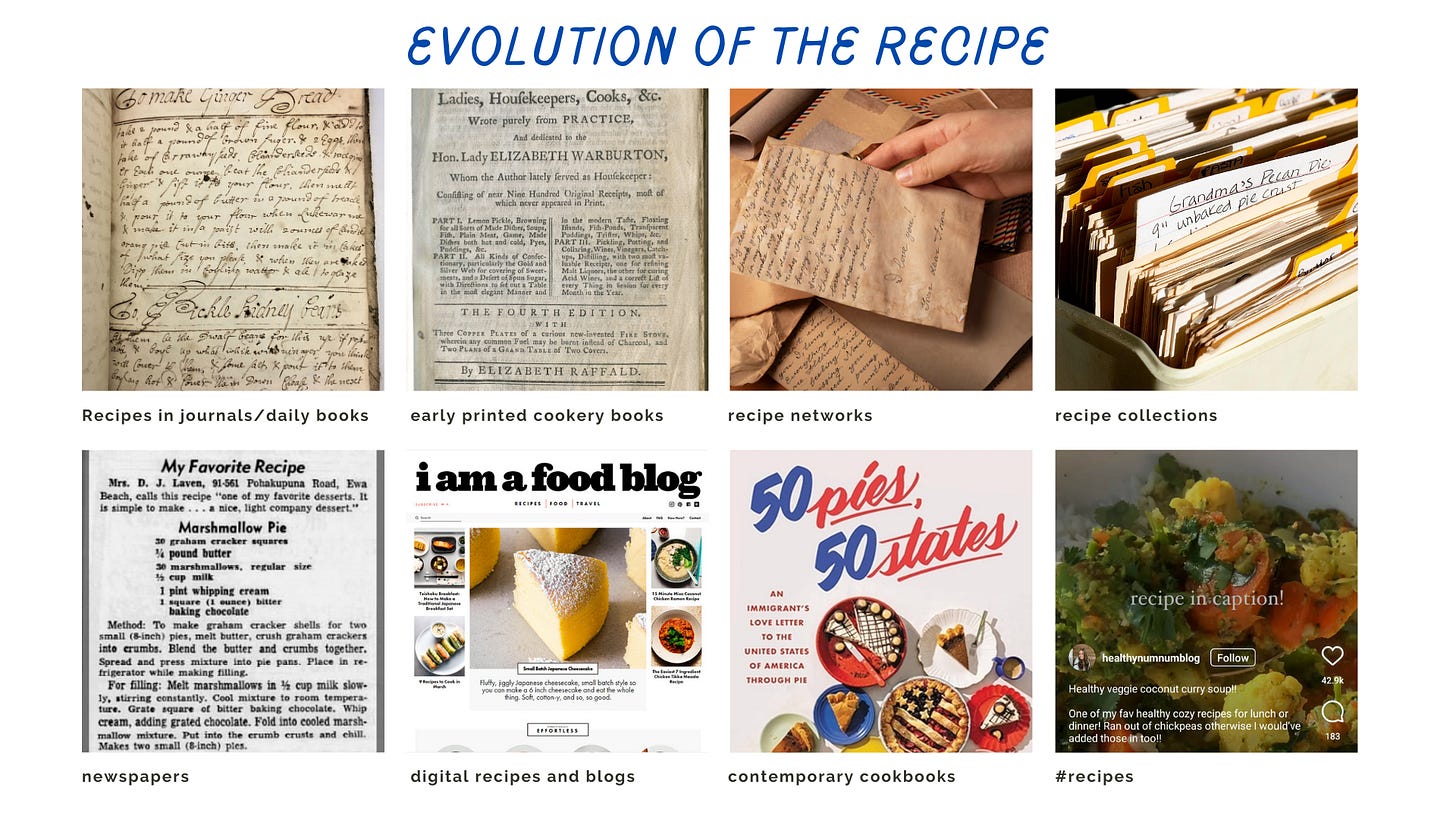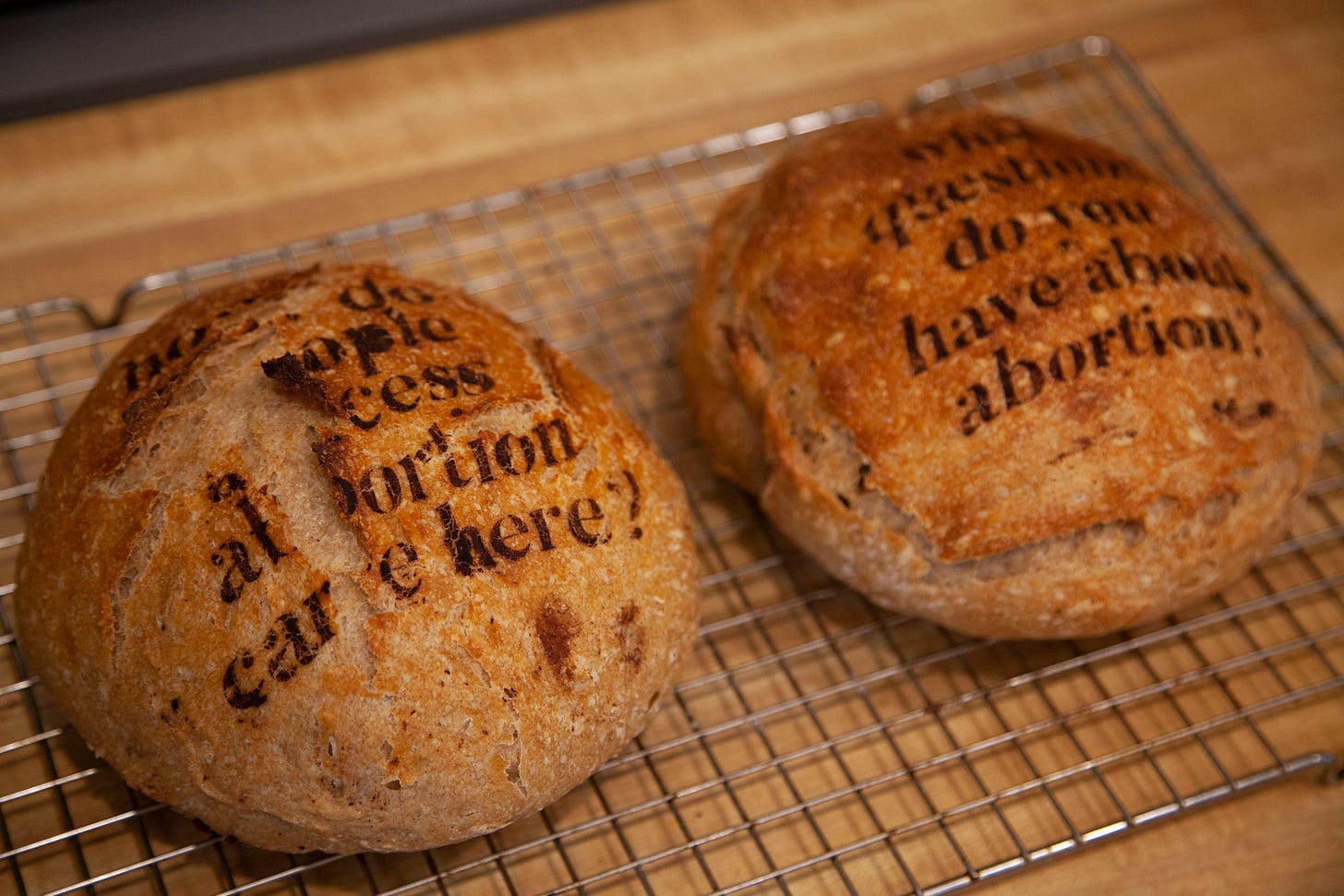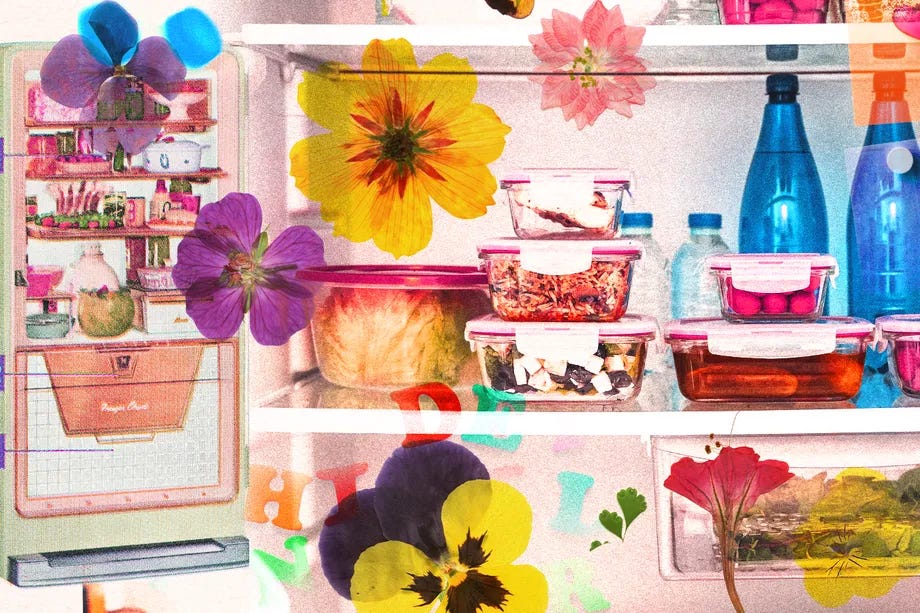I’m a food scholar. I’m a food writer with a PhD in food studies. I’m a public facing food scholar with a PhD and over a decade of experience in food media. Well no, I’m not a culinary historian because I technically don’t have a degree in history and historians get quite peeved when you label yourself a historian without the adequate credentials despite the fact that my degree, which is actually in American Studies, only became a field because historians, anthropologists, and sociologists lamented the limitations of their fields and decided interdisciplinary methods were a better way forward. I know it’s confusing. Sure, culinary historian is fine. Yes, I also have a degree in Gastronomy. No I don’t use a telescope for that, why do you ask? A foodie creator, no, no.
Last week I said each of these and many variations more while meeting and talking with fellow attendees at this year’s IACP Summit (that’s International Association for Culinary Professionals) in New York City. After years of grad school and explaining my work to my family, I’m used to fielding such questions, but it’s a different experience when speaking with fellow culinary professionals. Our work is so weird and undefined and touches so many fields and scopes, and despite this being the norm, we still have the hardest time understanding each other. I’m mostly fine with any of the above labels, though I did work pretty damn hard for that PhD and love to swing it around now and then, and there’s only a few that give me pause. (Also, didn’t we all agree to stop using the term “foodie” at least a decade ago?) I think we can all agree that the term multi-hyphenate isn’t quite right either and is far too broad to be even remotely helpful. One of the greatest gifts I’ve ever given myself was signing up for Julia Skinner’s Bloom Writers’ Workshop this summer and now, at long last, I do feel like I can confidently call myself writer without the need to tack on all my other titles and labels. And while I assume others clearly understand my meaning, I realize they still probably wont, because I still don’t know exactly what other writers do all the time (secret: they don’t just write!).
I also like that folks sometimes don’t know what I do; I do like to maintain an air of mystery about me. If men can work “in finance” or “in tech” or “in business” (lol!), why can’t I just say I work “in food.” I love the idea of my kid having dinner at a new friend’s house (in this dream sequence we’re all in an episode of Bewitched) and the dad asks what my kid’s parents do for a living and they say “Well, my dad works from home on his computer and my mom works in food!” The dad nods understandingly, the mom (obviously Samantha Stevens) says “Wow, good for her!” and wiggles her nose to send me a note about going to grab drinks at the club later to talk shop. We do, we sip our silly cocktails, laugh about being mysterious women, and become fast friends.
So to that end, here’s what I’ve been up to lately “in food”:
archival research and historical recipe creation presentation
Before traveling to NYC for the IACP summit (where I led a lunch roundtable on social media and food content), I gave our membership a virtual presentation on my work in archival research and historical recipe creation. I talked about how I first found myself in archives, the tricks of deciphering centuries old cursive, and how to substitute historical ingredients for contemporary ones. We did a historical recipe transcription together as a group and discussed how one of the best tools for this work is talking to your grandma and other people’s grandmas, too! You can flip through my slides here.
“Pain au Levain”: Reproductive Rights, Recipes, and Community Cookbooks
Earlier this fall, my article “Pain au Levain”: Reproductive Rights, Recipes, and Community Cookbooks” was published in the Summer 2024 Recipes Project special issue COOKING UP COMMUNITY: AN ISSUE ON COMMUNITY COOKBOOKS alongside ten other fantastic pieces by fellow food scholars. This research focused on more contemporary historical moments and the intersection of reproductive rights and food activism in the digital world.
In Defense of Fridgescaping; Or, Let Her F*cking Fridgescape
Fellow food writer Stephanie Ganz and I pitched articles on #fridgescaping to our editors at Eater a while back and while we were sorting out how to combine our food writing powers the trend and its current trendsetter Lynzi Judish went viral for all the wrong reasons. In response, Stephanie and I pivoted to a hard defense (well, our reproposed hed was “Let Her F*cking Fridgescape,” but you get the picture), because the internet is a horrible place to be a woman let alone a woman who works “in food.”
There were plenty of other examples of my work from the past few weeks, but these were some of my favorites and hopefully provide a slightly better understanding of what it is I do as a scholar, writer, historian-but-not-historian, but definitely not an astronomer or foodie creator “in food.”
Pairs well with:
My new favorite cookbook that ties all of the above together is the brand new pub, The Revolution Will Be Well Fed: Recipes for Creating Community by The Tiny Activist founder and educator Corrie Locke-Hardy. It’s beautiful, it’s informative, it’s historical AND contains more contemporary historical moments of food activism and I hope you get a chance to read and cook with it.











Love this recap and it’s incredible to see Corrie’s work gracing your incredible newsletter! 💕
I love this post! Now I'm having serious FOMO about having missed the IACP Summit despite it happening 20 minutes from my home.